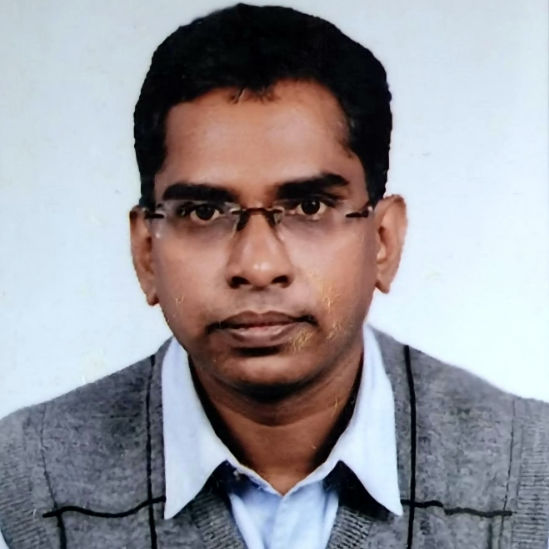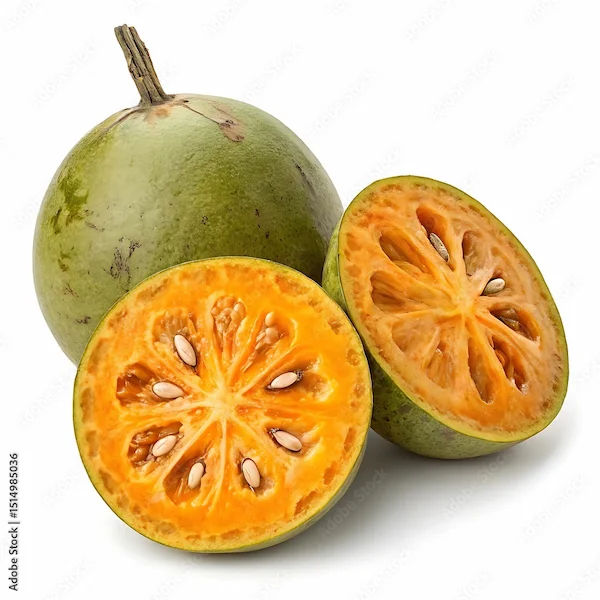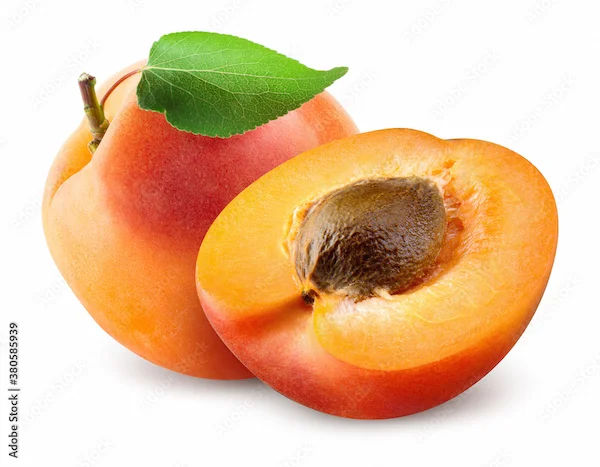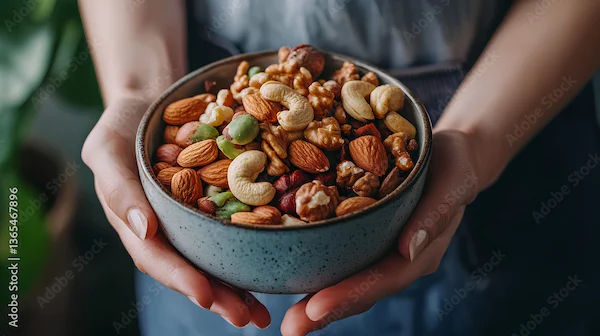Rare Blood Groups in India Explained
Learn about rare blood groups in India explained with types, prevalence, and their importance in medical emergencies and blood donation.


Blood is a vital part of our body, carrying oxygen and nutrients to our organs. Most people are familiar with common blood groups like A, B, AB, and O, with positive or negative Rh factors. However, some people have rare blood groups, making it difficult to find compatible donors in emergencies.
If you or someone you know has a rare blood type, understanding what it means and how to manage it can be life-saving. Let’s explore rare blood groups in India, their significance, and how to stay prepared.
What Are Rare Blood Groups?
Blood groups are determined by the presence or absence of certain antigens (proteins) on the surface of red blood cells. The most well-known classification is the ABO and Rh system, but there are over 600 other antigens that can make blood types rare.
In India, some of the rarest blood groups include:
1. Bombay Blood Group (hh): Extremely rare, found in about 1 in 10,000 Indians. People with this blood type can only receive blood from another Bombay blood donor.
2. Rh-null (Golden Blood): One of the rarest in the world, with only a few known cases in India.
3. Other rare types: Duffy-negative, Kidd-negative, and Lutheran-negative blood groups are also uncommon.
Why Are Rare Blood Groups a Concern?
Having a rare blood type can pose challenges:
Limited Donors: Finding a matching donor in emergencies is difficult.
Pregnancy Risks: Rh-negative mothers carrying Rh-positive babies may need special care.
Transfusion Risks: If the wrong blood is given, the body may reject it, leading to serious complications.
How to Know If You Have a Rare Blood Group?
A simple blood test can determine your blood type. If you have a rare blood group, your doctor will inform you. Some ways to confirm include:
Extended Blood Typing: Checks for additional antigens beyond ABO and Rh.
Genetic Testing: In some cases, genetic tests help identify rare blood types.
Managing a Rare Blood Group
If you have a rare blood type, here’s how you can stay prepared:
1. Register with Blood Banks
Many hospitals maintain registries of rare blood donors.
Organisations like Indian Red Cross Society help connect donors with patients.
2. Donate Blood Regularly
Regular donations help maintain a supply for emergencies.
If you have a rare type, your blood could save someone’s life.
3. Carry a Blood Group Card
Always keep a card or medical ID stating your blood type.
Helps doctors in emergencies.
4. Inform Family & Friends
Let close ones know about your blood type so they can assist if needed.
5. Plan Ahead for Surgeries or Pregnancy
If you need surgery or are pregnant, inform your doctor early to arrange for compatible blood.
Consult Top Specialists
Can Diet or Lifestyle Affect Blood Groups?
While your blood group is genetic and cannot be changed, a healthy lifestyle ensures better blood circulation and reduces risks:
Stay Hydrated: Helps maintain blood volume.
Iron-Rich Diet: Prevents anaemia (especially important for rare blood groups with limited donors).
Avoid Smoking & Excessive Alcohol: These can affect blood quality.
Where to Find Help?
If you have a rare blood group, here are some resources:
Apollo 24|7 Blood Donation Services: Helps locate rare blood donors.
Indian Rare Blood Donors Registry: Connects donors with patients.
Local Blood Banks: Many cities have specialised blood banks for rare types.
You can also consult a haematologist (blood specialist) through Apollo 24|7 for personalised advice.
Conclusion
Having a rare blood group is uncommon but manageable with awareness and preparation. If you or a loved one has a rare blood type, staying informed and connected with blood banks can be life-saving.
Remember, your rare blood could save someone’s life—consider donating if you’re eligible. And if you’re unsure about your blood type, get tested today to stay prepared!
Consult Top Specialists
Consult Top Specialists

Dr. Poonam Bhagat
General Physician/ Internal Medicine Specialist
20 Years • MBBS, MD
Kolkata
KVC CLINIC, Kolkata
(50+ Patients)

Dr. Karan Goel
General Physician/ Internal Medicine Specialist
11 Years • MBBS, MD (Paediatrics)
Kolkata
Little Steps Clinic, Kolkata

Dr. Arpit Pandey
General Practitioner
7 Years • MD (Physician)
Gurugram
MedVain, Gurugram
(25+ Patients)

Dr. Ashita Kuruvilla
General Practitioner
6 Years • MBBS
Kolkata
KVC CLINIC, Kolkata

Dr. Santanu Mandal
General Physician/ Internal Medicine Specialist
17 Years • MD (Physician), DNB (General Medicine)
Kolkata
MCR SUPER SPECIALITY POLY CLINIC & PATHOLOGY, Kolkata
(25+ Patients)




